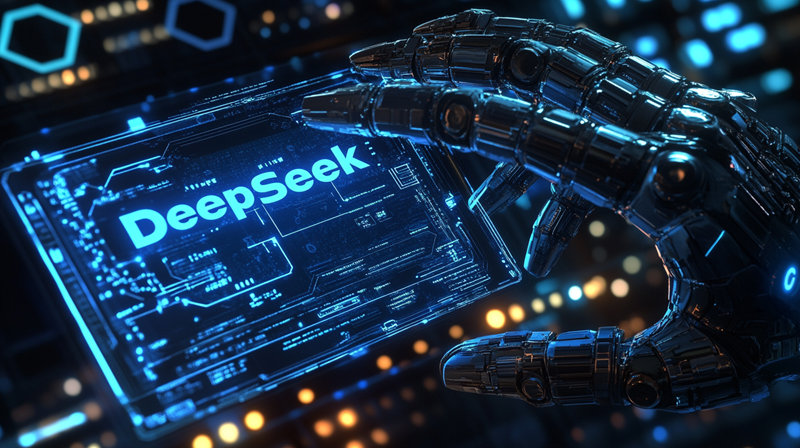Recently, the renowned artificial intelligence startup Midjourney was sued for allegedly infringing on the copyrights of Disney and Universal Studios. The two companies accused Midjourney of using character designs in its AI-generated images that were too similar, causing infringement on their intellectual property and claiming economic losses as a result.

Image source note: The image is AI-generated, and the image licensing service is provided by Midjourney
According to the legal documents, Disney and Universal Studios had repeatedly warned Midjourney to stop using these protected characters in their creations. However, Midjourney did not cease this behavior but instead continued to release updated versions of its image services, offering higher-quality generated images. The founder and CEO of Midjourney stated that their new version still had infringement issues, but the company believes these works can be classified as "fair use."
In their legal response, Midjourney's legal team argued that copyright holders do not have absolute control over their works under copyright law. The limited monopoly rights granted by the law must balance public interest to ensure the free flow of ideas and information. Midjourney emphasized that AI-generated images should not be seen as simple copies but as expressions of innovation.
This lawsuit has sparked widespread discussions about the relationship between AI-generated content and copyright law. With technological advancements, how to protect intellectual property while promoting innovation and creativity has become a hot topic of social concern. Many legal experts and industry analysts are closely watching the progress of this case, hoping it will provide guidance for similar situations in the future.
The trial of this case may have a significant impact on the future development of the AI industry, especially in the field of content creation, where defining the boundaries of fair use will become a challenge that must be faced. The fate of Midjourney not only concerns its own business development but also serves as a warning to other AI companies.
Key Points:
🛡️ Disney and Universal Studios accuse Midjourney of copyright infringement and demand that it stop related activities.
⚖️ Midjourney believes its works fall under "fair use" and has defended this legally.
🔍 This case may affect the future development of the AI industry and spark in-depth discussions about the relationship between copyright and innovation.









